Remember when summer meant disappearing after breakfast and only returning when the streetlights came on? Those were the days when parents trusted neighborhoods, kids knew their limits, and common sense was our greatest safety net. Looking back, it’s amazing how much freedom we had compared to today’s heavily supervised childhoods—and somehow, most of us turned out just fine.
1. They Believed We’d Learn From Natural Consequences
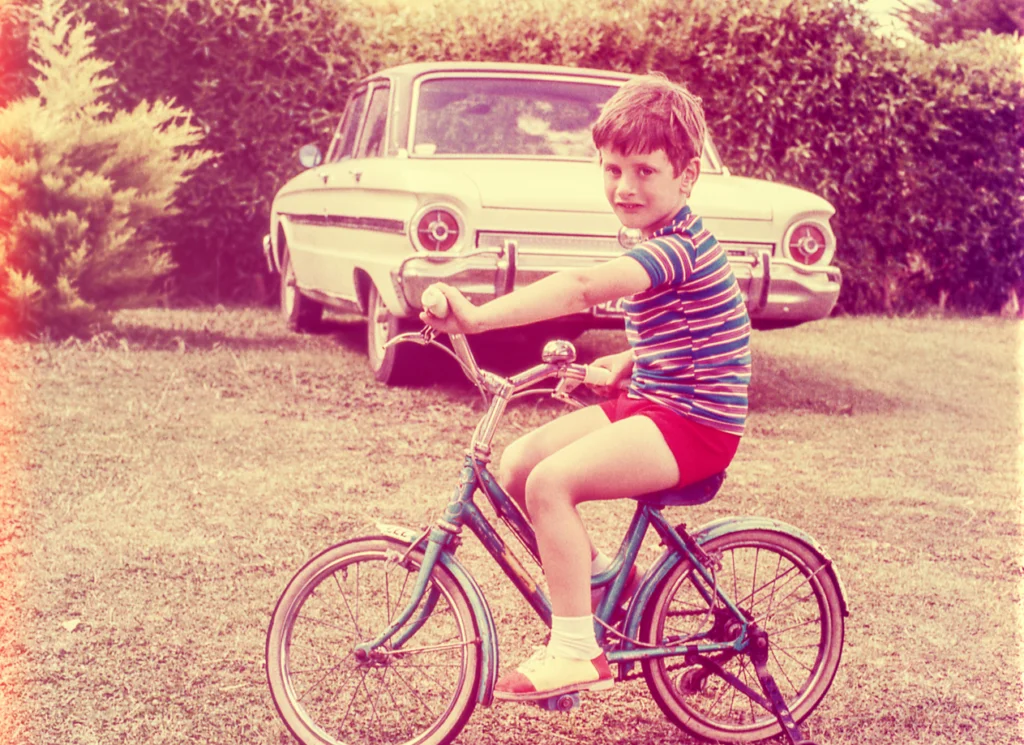
Our parents let us ride bikes without helmets because they trusted that bumps and scrapes were life’s best teachers. They figured that if we took a spill, we’d naturally become more careful riders—and they were usually right. The sting of road rash on our knees taught us to slow down on turns better than any lecture ever could.
This wasn’t neglect; it was faith in our ability to learn and adapt. Our folks had grown up the same way and understood that overprotecting us would only delay the inevitable lessons we needed to learn about cause and effect. They saw minor injuries as small tuition payments toward developing good judgment and personal responsibility.
2. The Community Was Their Extended Eyes and Ears

Parents felt comfortable giving us freedom because they knew the entire neighborhood was looking out for us. Every adult on the block had permission to correct our behavior, creating an invisible safety network that stretched far beyond our own front yard. Mrs. Henderson might scold us for cutting through her flower bed, but she’d also make sure we got home safe if we were out too late.
This community approach to child-rearing meant our parents could trust us to roam because they weren’t really sending us out alone—they were sending us into the care of dozens of surrogate guardians. The mailman, shopkeepers, crossing guards, and neighbors all knew our names and which house we belonged to. It took a village to raise a child, and thankfully, we had the village.
3. They Wanted Us to Build Strong Immune Systems
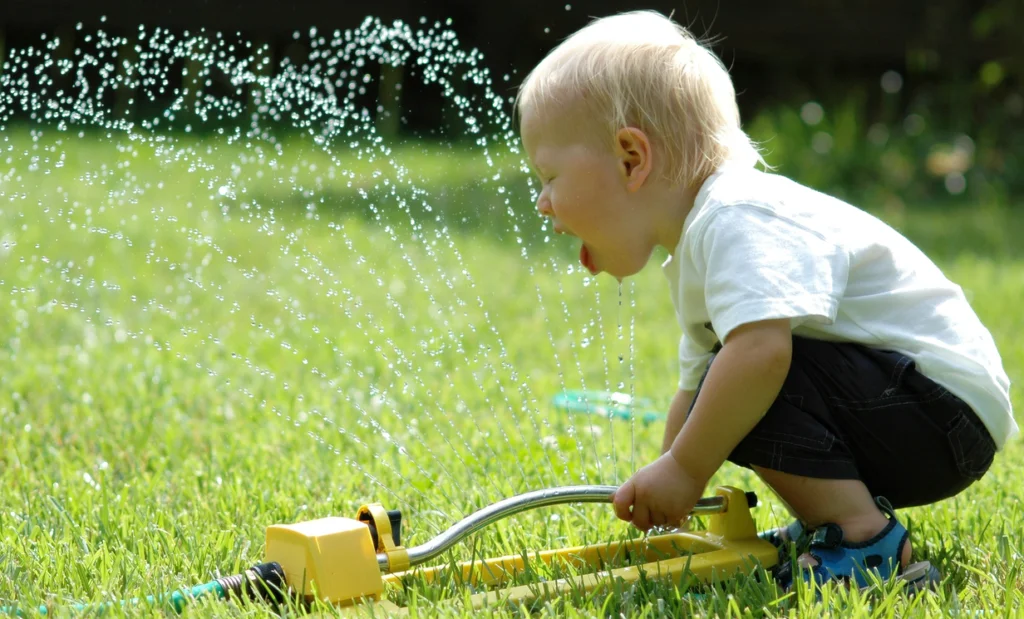
Our parents encouraged us to drink from garden hoses and public fountains because they believed exposure to everyday germs would make us healthier in the long run. They’d grown up drinking well water, swimming in ponds, and eating food that fell on the ground, and they turned out fine. Their philosophy was that a little dirt never hurt anyone—in fact, it probably helped build character along with immunity.
This approach wasn’t based on ignorance but on generations of experience and common sense. They understood that children who were too sheltered from germs often got sicker more frequently, while kids who were exposed to everyday bacteria developed robust immune systems. They were building our defenses the natural way, one garden hose gulp at a time.
4. Self-Reliance Started With Self-Entertainment
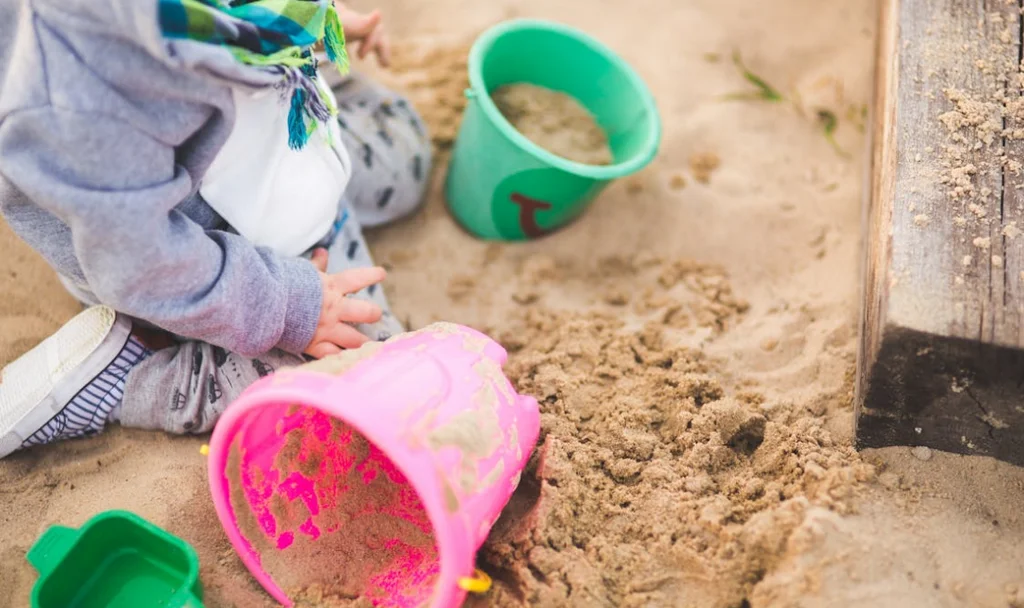
Parents refused to become our personal entertainment directors because they wanted us to develop creativity and independence. When we complained of boredom, they’d say “go find something to do,” knowing that this would force us to use our imaginations and discover our own interests. They understood that children who always had activities planned for them never learned to think for themselves.
This wasn’t laziness on their part—it was intentional character building. They knew that resourceful children became resourceful adults, and that the ability to entertain ourselves would serve us well throughout life. By stepping back and letting us figure out our own fun, they were teaching us that happiness comes from within, not from external stimulation.
5. Physical Independence Built Mental Confidence
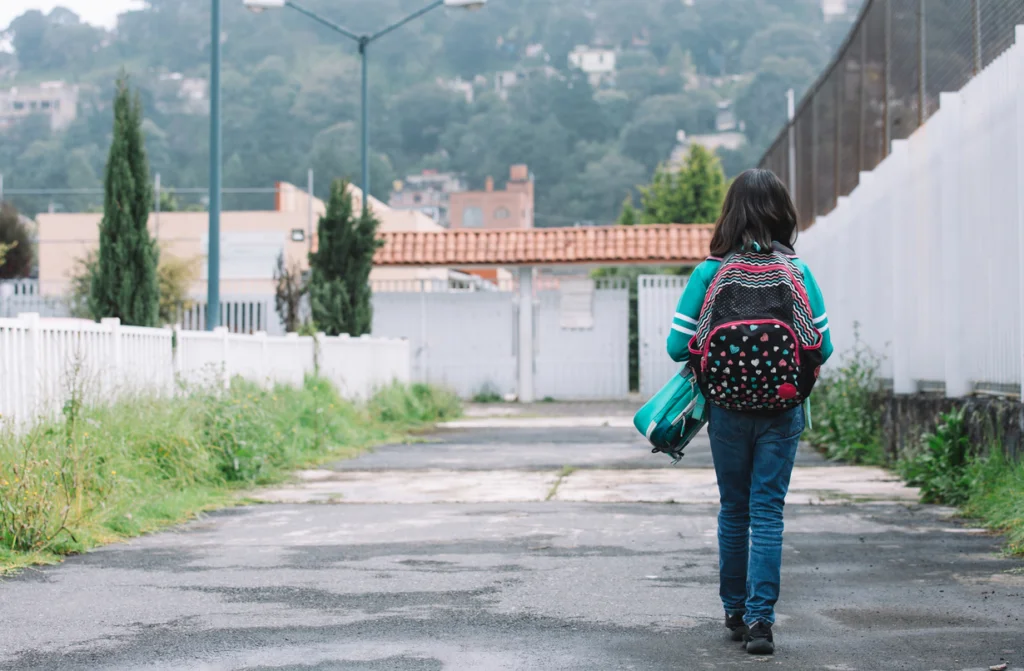
Our parents made us walk or bike everywhere because they wanted us to become self-sufficient and confident in navigating the world. They knew that children who always depended on rides would never develop a sense of direction, time management, or personal capability. Each successful journey to a friend’s house or the corner store was a small victory that built our confidence brick by brick.
This approach taught us far more than just geography—it taught us that we were capable of handling responsibility and making good decisions. They trusted us to leave on time, choose safe routes, and return when promised, and we usually lived up to that trust. The independence we gained from getting ourselves places became the foundation for all the other freedoms they gradually gave us.
6. They Valued Family Time Over Constant Contact
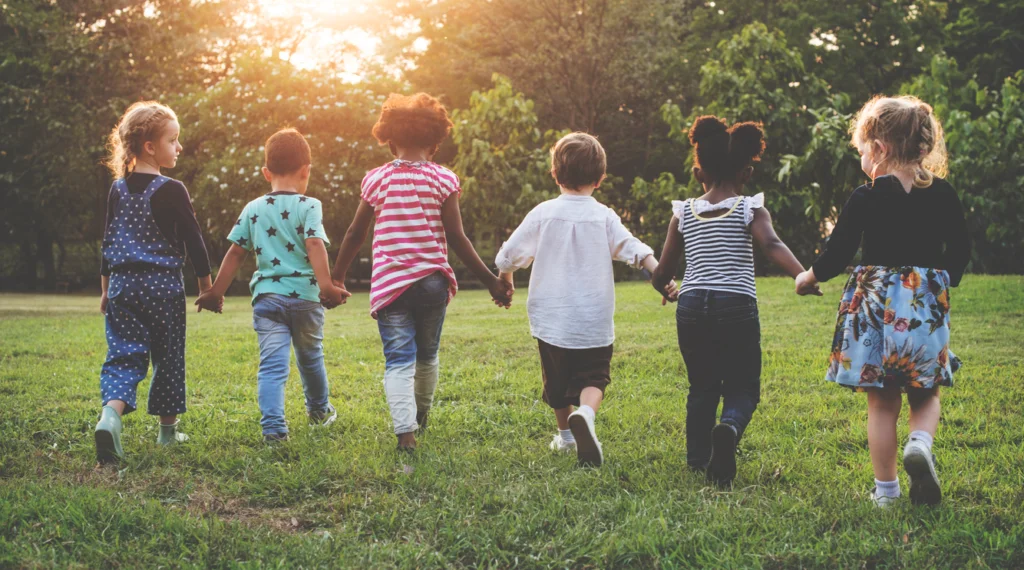
Parents didn’t worry about staying in touch every minute because they trusted us to come home when called—and because they wanted us to learn independence without a safety net. The evening call for dinner from the front porch was a sacred contract: we’d stay within earshot, and they’d give us maximum freedom within those boundaries. This system worked because it was based on mutual respect and clear expectations.
They understood that constant supervision or communication would prevent us from developing good judgment and self-reliance. By giving us unsupervised time, they forced us to make decisions, solve problems, and learn from mistakes without immediately running to them for help. The trust they showed in us taught us to be trustworthy, and the freedom they gave us taught us to use it wisely.
7. Risk Assessment Was a Life Skill Worth Teaching
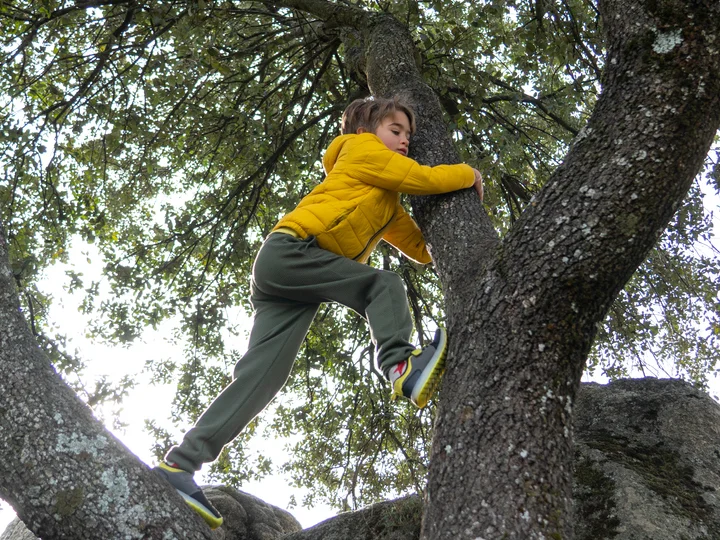
Our parents let us climb trees, rocks, and playground equipment because they wanted us to learn how to evaluate and manage reasonable risks. They understood that children who never faced any physical challenges would grow up afraid of everything, while kids who learned to assess danger would develop confidence and good judgment. Every scraped knee was seen as tuition paid toward a valuable education in personal limits.
This approach wasn’t reckless—it was strategic preparation for adult life. They knew that the world would always contain risks, and that sheltering us completely would leave us unprepared for real challenges. By letting us test our physical limits in relatively safe environments, they were teaching us to be brave but not foolish, adventurous but not reckless.
8. Work Ethic Started Early and At Home

Parents gave us real chores and responsibilities because they wanted us to understand that families function through everyone’s contribution, not just parental sacrifice. They believed that children who only received benefits without giving back would grow up feeling entitled and unprepared for adult responsibilities. Making us earn our allowances taught us the connection between work and reward from an early age.
This wasn’t about free labor—it was about character development and family values. They wanted us to take pride in our contributions and understand that everyone in the household had an important role to play. The satisfaction we felt from completing real tasks that actually mattered gave us confidence and a sense of belonging that no amount of praise could provide.
9. Social Skills Required Practice, Not Referees

Our parents made us settle our own disputes because they wanted us to develop negotiation skills, empathy, and emotional resilience. They understood that children who always had adults solving their problems would never learn to compromise, apologize, or stand up for themselves appropriately. Every playground argument was an opportunity to practice the social skills we’d need throughout life.
They intervened only when things got truly serious because they trusted us to work things out and wanted us to learn that most conflicts weren’t worth losing friendships over. This approach taught us to be thick-skinned, forgiving, and diplomatic. We learned that relationships require give and take, that today’s enemy could be tomorrow’s best friend, and that most disagreements were just part of normal social interaction.
10. Curiosity Was Worth Some Risk

Parents tolerated our exploration of construction sites and abandoned buildings because they valued our natural curiosity and wanted us to learn about the world firsthand. They trusted us to use common sense and understood that telling us a place was off-limits would only make it more interesting. They’d rather have us explore with some awareness of the risks than sneak around behind their backs.
This approach fostered our sense of adventure and discovery while teaching us to assess situations and make smart choices. They knew that overly sheltered children often became reckless teenagers, while kids who were trusted with reasonable freedom usually lived up to that trust. Our exploration taught us to be observant, cautious when necessary, and confident in unfamiliar situations.
11. Financial Literacy Started With Real Money

Our parents trusted us with money for purchases because they wanted us to learn math skills, budgeting, and the value of hard work early in life. They knew that children who only dealt with theoretical money would never understand its real worth, while kids who had to count change and make purchasing decisions would develop financial wisdom. Every trip to the corner store was a lesson in economics and personal responsibility.
This hands-on approach to money management taught us far more than any classroom lesson could. We learned to comparison shop, save for bigger purchases, and understand that once money was spent, it was gone. The pride we felt from earning and managing our own money gave us confidence and prepared us for the financial responsibilities of adult life.
12. Unstructured Time Was Essential for Development
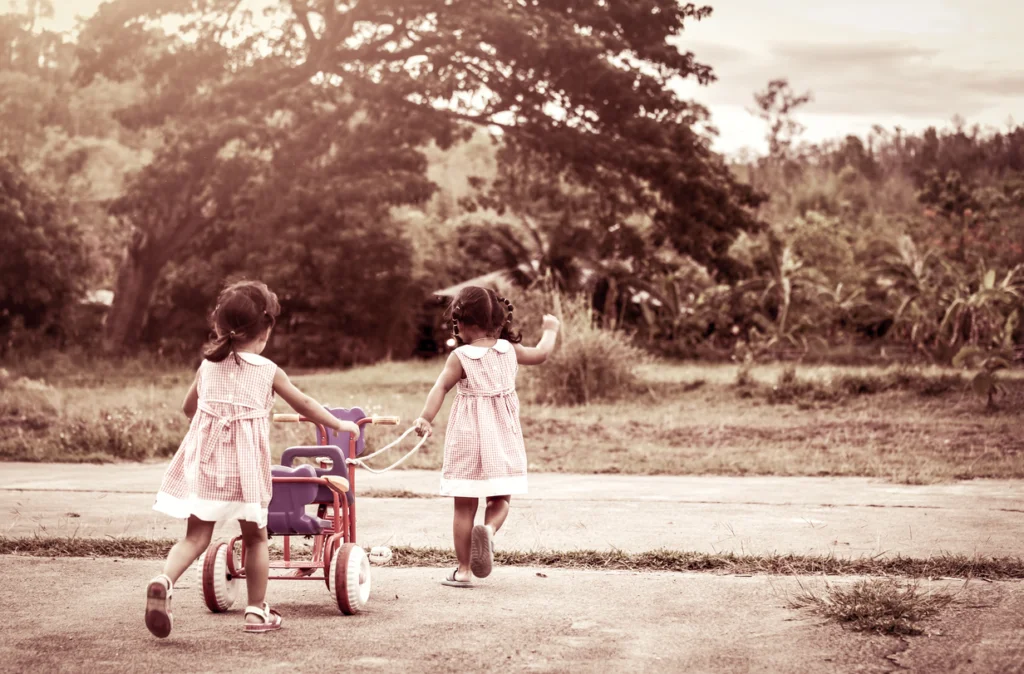
Parents gave us hours of unsupervised free time because they understood that children need space to discover who they are without constant adult direction or evaluation. They trusted us to use this time wisely and knew that over-scheduling would prevent us from developing creativity, independence, and self-knowledge. Boredom was seen as an opportunity, not a problem to be immediately solved.
This approach allowed us to experiment with different interests, make private mistakes, and develop our own sense of identity without performing for adult approval. They understood that confidence comes from successfully navigating challenges on our own, not from constant praise and protection. The self-reliance we developed during those unsupervised hours became the foundation for our adult independence and resilience.
Those were the days when childhood felt like it lasted forever, when summer stretched endlessly ahead of us, and when the biggest worry was making it home before the streetlights came on. We may shake our heads at some of the chances we took and the freedoms we enjoyed, but most of us wouldn’t trade those experiences for all the safety gear and supervision in the world. We learned that the world was generally a safe and welcoming place, that most people could be trusted, and that we were capable of far more than anyone—including ourselves—might have expected.
This story 12 Reasons Our Parents Let Us Run Wild—and Somehow We Survived was first published on Takes Me Back.


